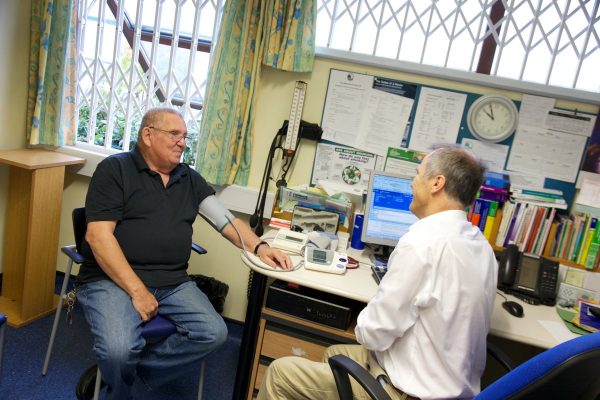
Dr Setor Kunutsor, Research Fellow in Evidence Synthesis/ Epidemiologist, School of Clinical Sciences, University of Bristol
Statins are well known and established for their role in the prevention of cardiovascular disease (heart attack, strokes, or angina) and this is based on their ability to lower levels of cholesterol in the blood.
However, there is evidence to suggest that statins have multiple effects and these include potential beneficial impacts on other disease conditions.
Venous thromboembolism is a condition involving the formation of blood clots in the veins of the lungs and lower limbs. It affects millions of people globally and is a preventable cause of hospital-related deaths.
Standard techniques for the prevention of venous thromboembolism include the use of elastic stockings, compression devices, patient mobility and rehabilitation, and anticoagulant therapy (blood thinning medications).
Evidence now suggests that statins also have the ability to reduce inflammation in the body and prevent the formation of blood clots. Based on these properties, there have been suggestions that statins may prevent venous thromboembolism.
Several studies have investigated this, however the evidence has not been conclusive until now.
We decided it was time to bring all the evidence together and evaluate if statins really did have a protective effect on the risk of developing venous thromboembolism.
Altogether we analysed 36 studies (13 observational cohort designs and 23 randomised controlled trials) with data on more than 3.2 million participants.
Our results showed a clear link between the use of statins and a reduced risk of developing venous thromboembolism. Continue reading →

 by Dr Rachel Johnson
by Dr Rachel Johnson



